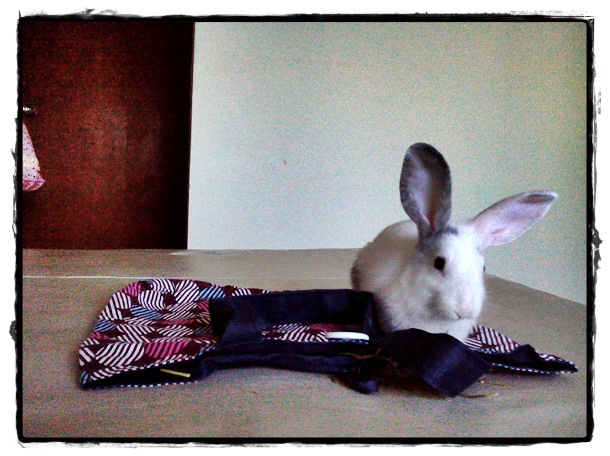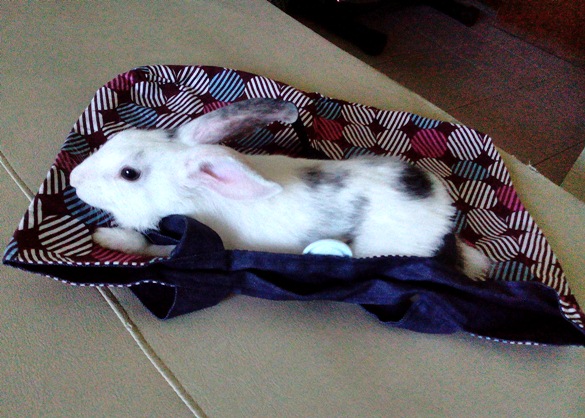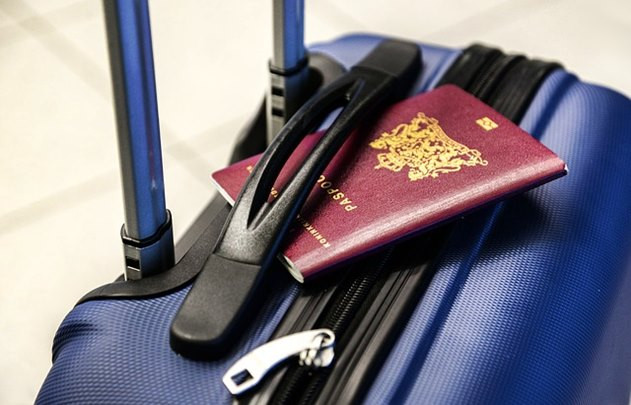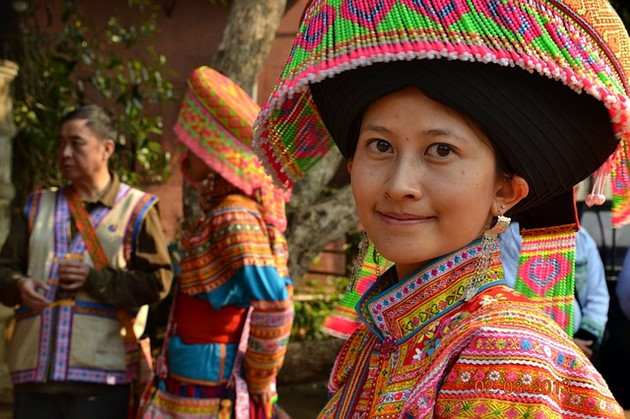Thai rabbits are hardy and strong
In the 10 years I have lived in Thailand, I have owned seven rabbits — all of which have been “Thai rabbits” instead of the many imported rabbits in Thailand that a lot of Thai people seem to prefer to buy nowadays.
In fact, every time I’ve been looking for a new rabbit, I’ve always chosen to get a new Thai rabbit as, in my experience, they seem to be hardier than imported rabbits and, in many cases, have less health issues and live a lot longer.
So, when one of my old rabbits died a couple of months ago at the age of seven, I went right out and bought yet another Thai rabbit, as I figured a Thai rabbit would have a much better chance of living a long and healthy life.
Particularly when having to deal with Thailand’s hot climate (although all my rabbits do live indoors in air-conditioned rooms).
Meet Minnie Mop – the Thai baby bunny
My new Thai rabbit’s name is Minnie Mop, and she is a lovely white rabbit with black zebra-like markings, big pointed ears and a crazy personality. She’s always in trouble, never does what she’s told and has more energy than any other rabbit I’ve ever owned.
In fact, now she is just four and a half months old, it’s hard to believe I haven’t had her for a much longer time, as she’s already such a big part of my life. Just watching her run around being silly and having fun really makes my day.

Where to buy a Thai rabbit
If you would like to buy a Thai rabbit and you are in Bangkok, I always get mine at one of the breeders at Chatuchak market that sells them.
I would only recommend buying a baby rabbit at Chatuchak, however, as both times I have bought older rabbits they have had major health issues and haven’t lived long. My guess is that is because some of the breeders (not all!) don’t take particularly good care of them, so the longer the rabbits are in their care the more health problems they have.
If the rabbits are just a couple of months old when you get them, however, they are generally very healthy and strong enough that they are easy to keep healthy from then on, as long as they are properly fed and taken care of.
If you would prefer to adopt a rabbit rather than shop (and you really should if you can!), the other option is to check on Facebook as there are several groups dedicated to rabbits in Thailand. Here you will often find listings of people who are giving away the rabbits they own, as they can no longer take care of them.
How much are Thai rabbits?
As for price, my little Minnie Mop was only 150 baht ($4.80) — an incredibly inexpensive price for a pet that brings this much joy. If you buy an imported rabbit in Thailand, or a rabbit bred in Thailand from an imported breed, however, you can expect to pay between 6,000 baht and 20,000 baht ($190 and $635) depending on the breed and the size.
Just be aware, no matter if you decide to buy a Thai rabbit or one that’s imported into Thailand, thousands of rabbits are dumped in Thailand every year by owners who buy them and soon get bored.
Owning a rabbit is a lot of work. They need to be fed several times a day with vegetables and pellets, they must always have clean water, and must live in a cage or pen that is cleaned daily as well. If not, they will get sick and die.
You must also have time to play with them and money enough to buy them toys, as well as the finances necessary to take them to a vet if they become ill.
Owning a pet rabbit in Thailand or anywhere else is a lot of work and can be expensive, so if you don’t have the commitment or the money please don’t get a rabbit, as it is extremely unfair to the animal and bordering on cruel.
For an interesting story about rabbit breeders in Thailand, don’t miss this Bangkok Post article – it will even teach you some useful animal-related English vocabulary if you’re one of the millions of Thais currently studying English.





